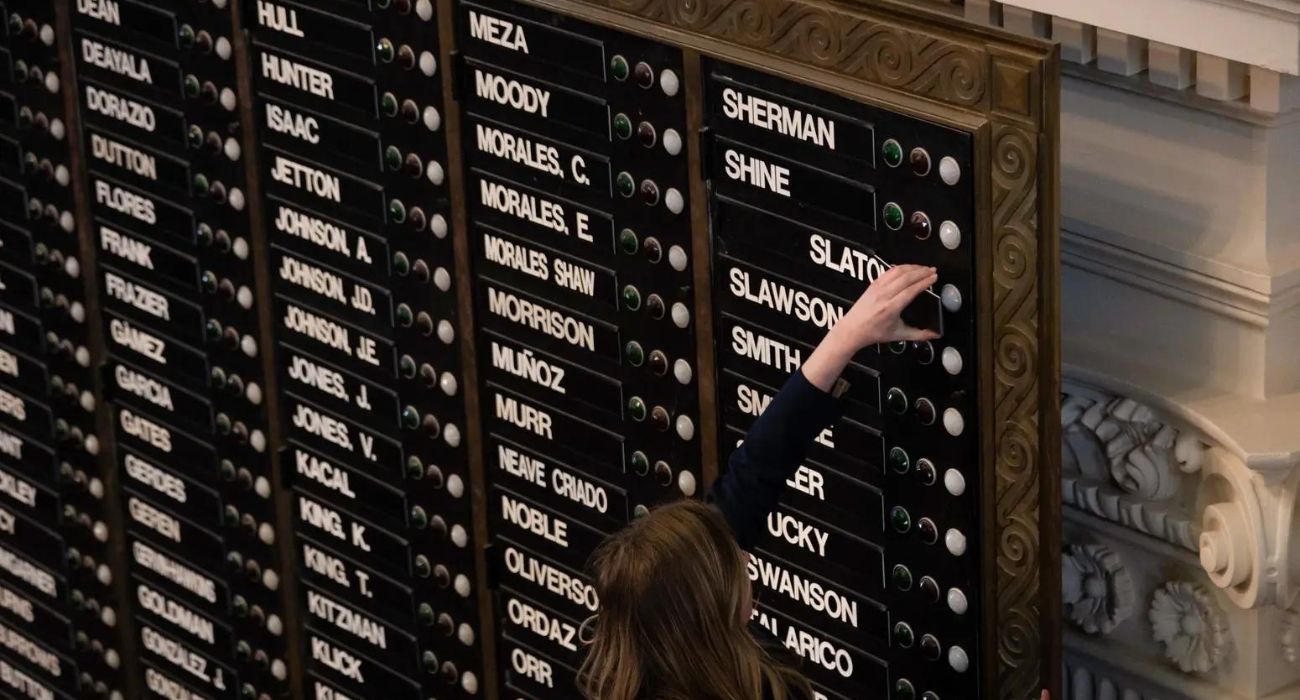Congress has until the end of May to raise the $31.4 trillion debt ceiling, or the United States could face significant economic and financial consequences, says U.S. Treasury Secretary Janet Yellen.
The debt ceiling, or debt limit, is the maximum amount the U.S. government can borrow to meet its financial obligations, including Social Security and Medicare benefits, military salaries, interest on the national debt, tax refunds, and other payments, according to the U.S. Department of Treasury.
The United States reached its $31.4 trillion debt ceiling on January 19, 2023, ultimately sparking a looming debit-ceiling crisis and forcing Secretary Yellen to enact “extraordinary measures” to keep the government from defaulting on its payments.
Since then, Secretary Yellen has urged the U.S. government to raise or suspend the debt limit by the estimated June 1 deadline. Otherwise, if Congress fails to act, Yells claims that the Treasury Department would no longer be able to satisfy all of the government’s financial obligations.
“It is impossible to predict with certainty the exact date when Treasury will be unable to pay the government’s bills, and I will continue to update Congress in the coming weeks as more information becomes available,” said Secretary Yellen in a May 1 letter to Congress.
“Given the current projections, it is imperative that Congress act as soon as possible to increase or suspend the debt limit in a way that provides longer-term certainty that the government will continue to make its payments,” she urged.
With the June 1 deadline less than a month away, President Biden plans to meet with top Republican officials ahead of the deadline to discuss possible avenues for raising the debt ceiling.
However, an agreement is not likely to be reached immediately. Republican leaders are demanding sweeping spending cuts to accompany the increase in the debt ceiling. President Biden has signaled an unwillingness to meet at the negotiating table on this matter, suggesting instead that budget cuts should be discussed only after the debt ceiling was raised.
If the federal government delays a resolution or fails to reach a cross-party agreement before the June 1 deadline, it could result in a “constitutional crisis,” Yellen said in an interview with ABC News on Sunday. “It’s Congress’s job to do this. If they fail to do it, we will have an economic and financial catastrophe that will be of our own making,” she said.
Since 1960, Congress has acted 78 separate times to raise, extend, or revise the U.S. debt limit, according to the Treasury Department.
“We have learned from past debt limit impasses that waiting until the last minute to suspend or increase the debt limit can cause serious harm to business and consumer confidence, raise short-term borrowing costs for taxpayers, and negatively impact the credit rating of the United States,” Yellen said in her letter to Congress.
“Worsening expectations regarding a possible default would make significant disruptions in financial markets increasingly probable,” said Brookings Institution analysts Wendy Edelberg and Louise Sheiner in a recent report cited by The White House
The two analysts added, “such financial market disruptions would very likely be coupled with declines in the price of equities, a loss of consumer and business confidence, and a contraction in access to private credit markets.”






